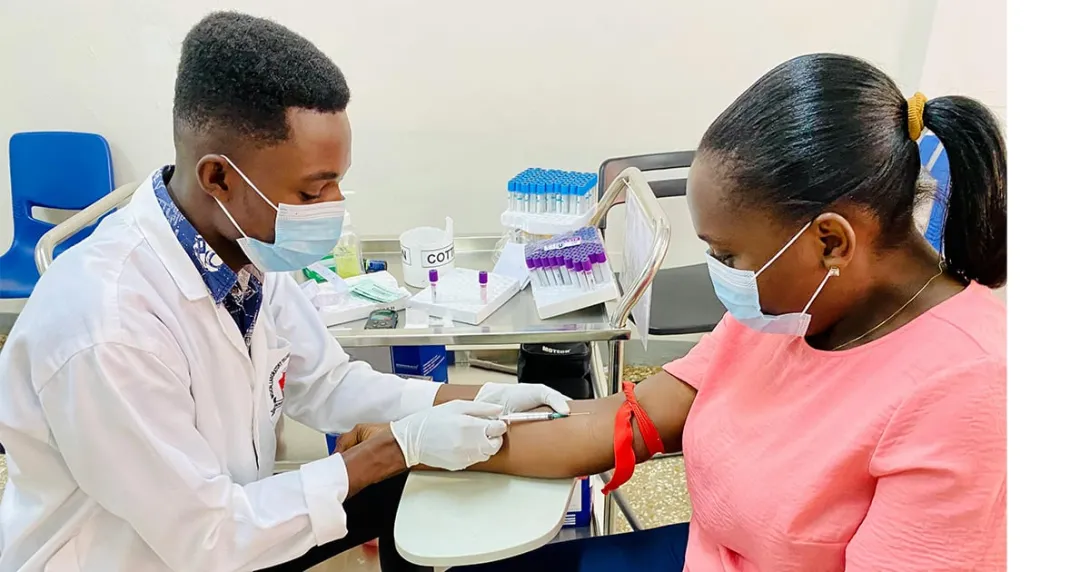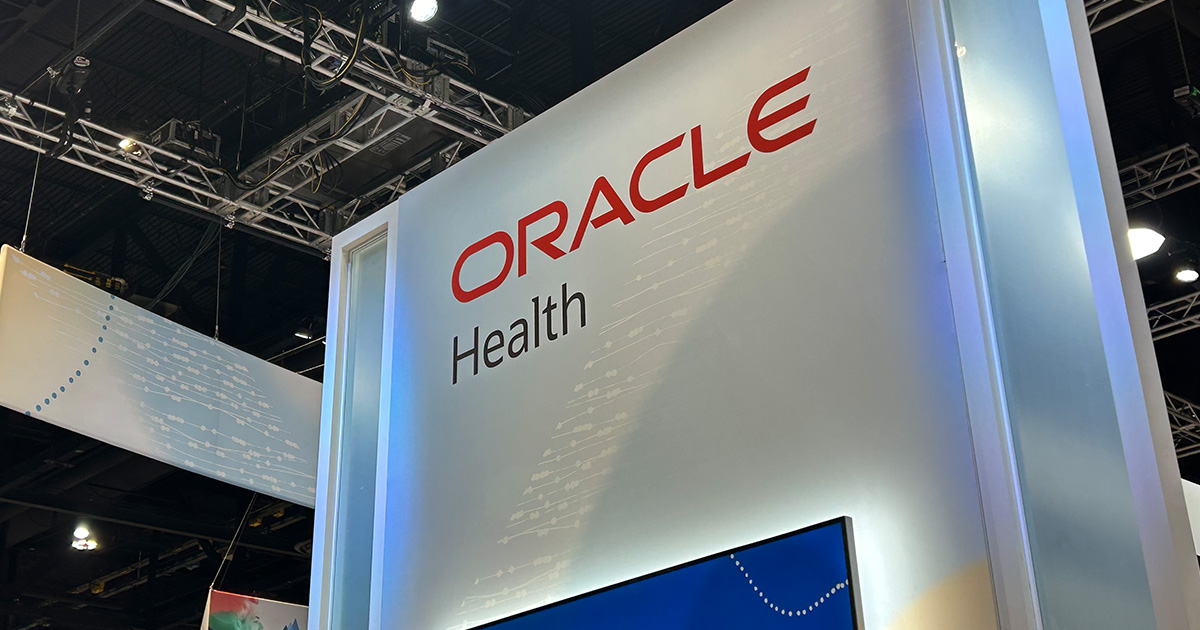
Between 2019 and 2023, patient volume at U.S. urgent care centers increased by 60%. But while that surge in demand highlights urgent care's value, especially when compared with crowded hospital emergency rooms, there are significant improvements that can be made for better patient experience, a new report shows.
An analysis of 350,000 patient reviews from 10 of the nation’s largest urgent care providers found wait times remained a top patient complaint. Meanwhile, allegations of improper care increased 6.5%, according to this year's urgent care patient experience report from Chatmeter, a feedback intelligence platform.
"Business risks are often hidden within the billions of data points generated by online chatter," John Mazur, CEO of Chatmeter, said in a statement announcing the new Urgent Care Patient Experience Report.
"But with artificial intelligence, urgent care providers can analyze that patient feedback at scale, spot emerging risks and take early corrective action to offer a better patient experience."
Potential HIPAA violations
Based on the patient reviews from 10 urgent care providers, the word "misdiagnosed" appeared 18% more often than last year and reviews mentioning that a provider "didn’t listen" rose by 10% from 2024.
These results of the study – which analyzed 12 months of reviews for AFC Urgent Care, CityMD, Concentra Urgent Care, GoHealth Urgent Care, Prisma Health Urgent Care, NextCare Urgent Care, Fast Pace Health Urgent Care, WellNow Urgent Care and Physicians Immediate Care – show that risky interactions between patients and providers are increasing.
While the majority of reviews reflected positive patient experiences with practitioners, the "reviews are rife with examples of symptoms being disregarded or misdiagnosed," researchers said.
Of concern, the review of provider responses to online reviews also found up to 46% contained potential HIPAA violations. Most of these reviews commonly acknowledged that patients received care or used patient names in public replies.
It's an important metric for the urgent care segment, which is one of the fastest-growing healthcare segments, according to Mazur.
"These findings underscore how critical it is that providers listen carefully to patient feedback as they expand," he said in a statement.
Pros and cons
While wait time mentions improved by nearly 2%, and were found in 27% of total reviews analyzed, a lack of communication frustrated patients, researchers said.
Many reviews in the analysis stated that online appointments were not honored. One reviewer scheduled an appointment online and received a confirmation for their selected appointment time.
"But when I got to the office, it was closed," they said. "I still waited for about 40 minutes in my car to see if they would open, but they did not."
On a positive note, patients appreciated the medical staff, mentioning them in 13% of reviews. Billing and insurance issues also improved, with sentiment up 1% and mentions down nearly 3%.
"Patients were generally positive about the medical care they received, emphasizing attentive service and compassionate treatment," researchers said in the report. "Many reviews highlighted the genuine care and empathy shown by practitioners towards patient concerns."
Andrea Fox is senior editor of Healthcare IT News.
Email: afox@himss.org
Healthcare IT News is a HIMSS Media publication.


